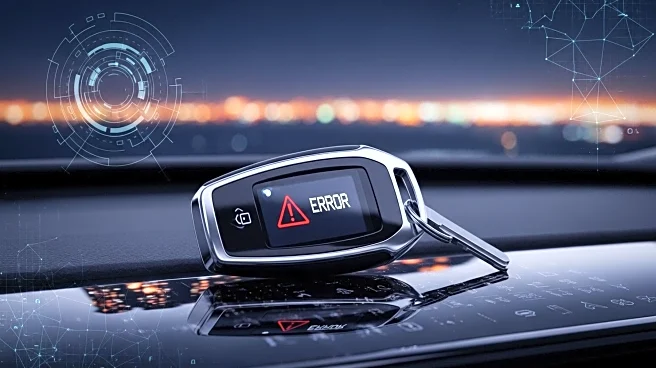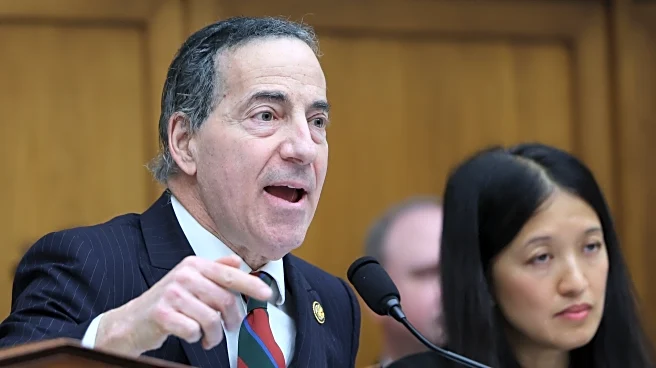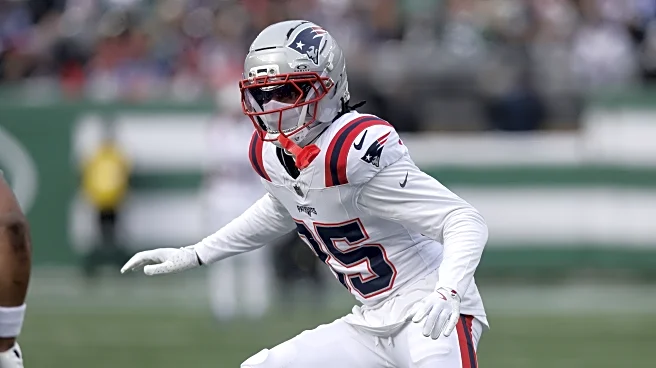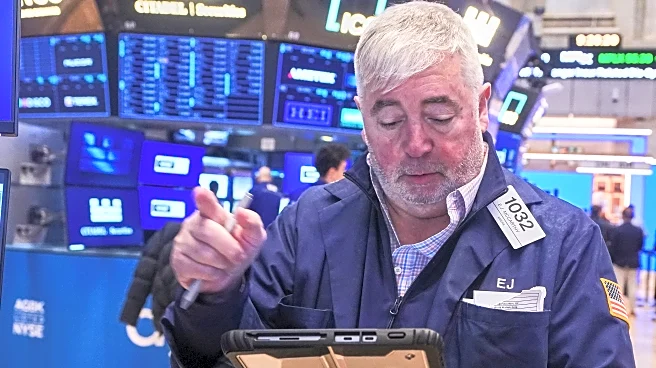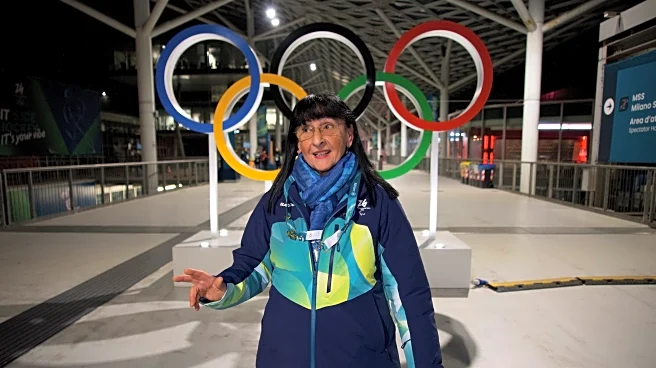What's Happening?
A Tesla owner has voiced concerns about the Full Self-Driving (FSD) mode of their vehicle, describing erratic behavior such as inconsistent speed control. The issue was shared on a Facebook group for Tesla Model 3 and Model Y owners, where other users reported similar experiences. The FSD mode, which is part of Tesla's driver assistance suite, has been criticized for its reliance on cameras rather than more advanced systems like radar and lidar. The owner expressed a desire to cancel their subscription due to the unsatisfactory performance.
Why It's Important?
The reported issues with Tesla's FSD mode highlight ongoing challenges in the development and deployment of autonomous driving technology. As consumers increasingly rely on driver assistance features, the reliability and safety of these systems become paramount. Tesla's approach, which prioritizes camera-based technology, may face scrutiny compared to competitors using radar and lidar. The dissatisfaction among users could impact Tesla's reputation and sales, especially as the company faces a class action lawsuit over misleading advertisements related to FSD.
What's Next?
Tesla is expected to continue updating its FSD software to address user concerns and improve functionality. The company may also face increased pressure to enhance its technology and consider integrating more advanced systems. The class action lawsuit could lead to legal and financial repercussions for Tesla, influencing its marketing strategies and product offerings. Consumers may explore alternative EV options as the market expands, seeking reliable and safe autonomous driving features.
